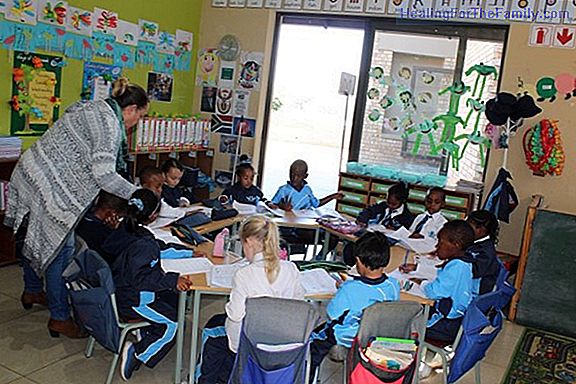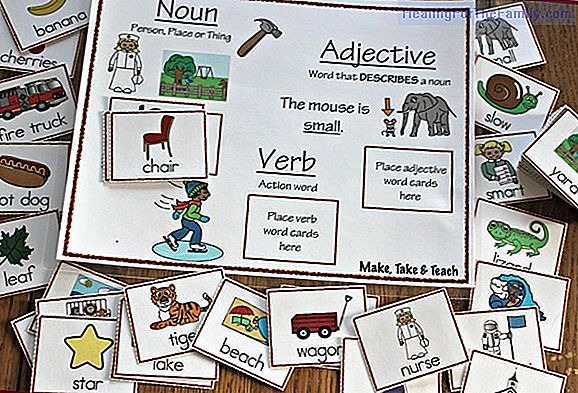How to scold children constructively
Sometimes we must scold our children, reprimand them for their behavior, for something they have done or have not done. Although scolding is not usually the best way for a child to learn, if we know how to do it constructively, verbal scolding or reprimands can be used from time to time. In this art
Sometimes we must scold our children, reprimand them for their behavior, for something they have done or have not done. Although scolding is not usually the best way for a child to learn, if we know how to do it constructively, verbal scolding or reprimands can be used from time to time.
In this article we give you the keys to scolding children in a constructive way, that is, so that they have educational value and do not end up being just another ineffective form of punishment that damages the self-esteem of those we love most. Cla 10 Keys to scolding children in a constructive way
Verbal reprimands should be used on specific occasions, such as when the child has carried out some type of action in which he or third parties have been placed in danger or skips rules and regulations. limits of recidivism.

Educating our children is a long process that requires time, a lot of patience and having different techniques at hand, including some corrective ones such as verbal reprimands. We know that it is necessary to encourage discipline in this process but we must know how to apply it in a constructive way, preventing the child from obeying only for fear of being punished or reprimanded. Discipline means educating, fostering reflection and dialogue, so when we have to scold our children we must take into account these 10 keys to do so in a constructive and effective way.
1. The objective is always to educate, not to frighten or humiliate, that is why we must speak without disqualifying or embarrassing the child.
2. Avoid raising your voice, although the tone should be energetic and authoritative.
3. Do it in private, never in public and less in front of friends.
4. Offer possible alternatives to the behavior we are reprimanding. Recor 5. Remember that it must be corrective and encourage reflection so we must use a language adapted to the child's age level.
6. It should not be a long sermon. Debe 7. It must be objective and not obey our negative moods, that is, we must reprimand the behavior we want to correct and not discharge in our children the bad mood or accumulated fatigue.
8. To be used punctually, never as the only educational method because it loses its meaning and the child gets used to being close.
9. Remember that it is always better and preferable
to strengthen the appropriate behavior than to punish the inadequate
.
10. If we want our children to learn to behave properly, we have to offer them good models and examples at home, we can not demand that our children react calmly to adversity if we lose control every time they do something that we do not like. Children learn by imitation and modeling, they need rules and limits, but mostly good behavioral references to follow.












